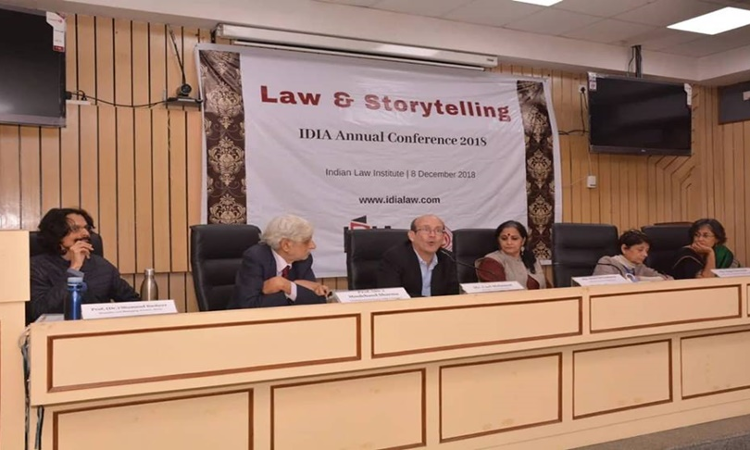The recently held IDIA Annual Conference on "Law and Story Telling" saw eminent panelists comprising of academicians, technologists, legal educators and story-tellers share stories about the role of law in the fight for justice. The panel was moderated by Prof. Shamnad Basheer, Founder and Managing Trustee of IDIA, and comprised of: (i) Mr. Carl Malamud, President and Founder...

